AeroGenie — Tu copiloto inteligente.
Tendencias
Categories
Why Airbus Markets the A350 as a Long-Range Leader
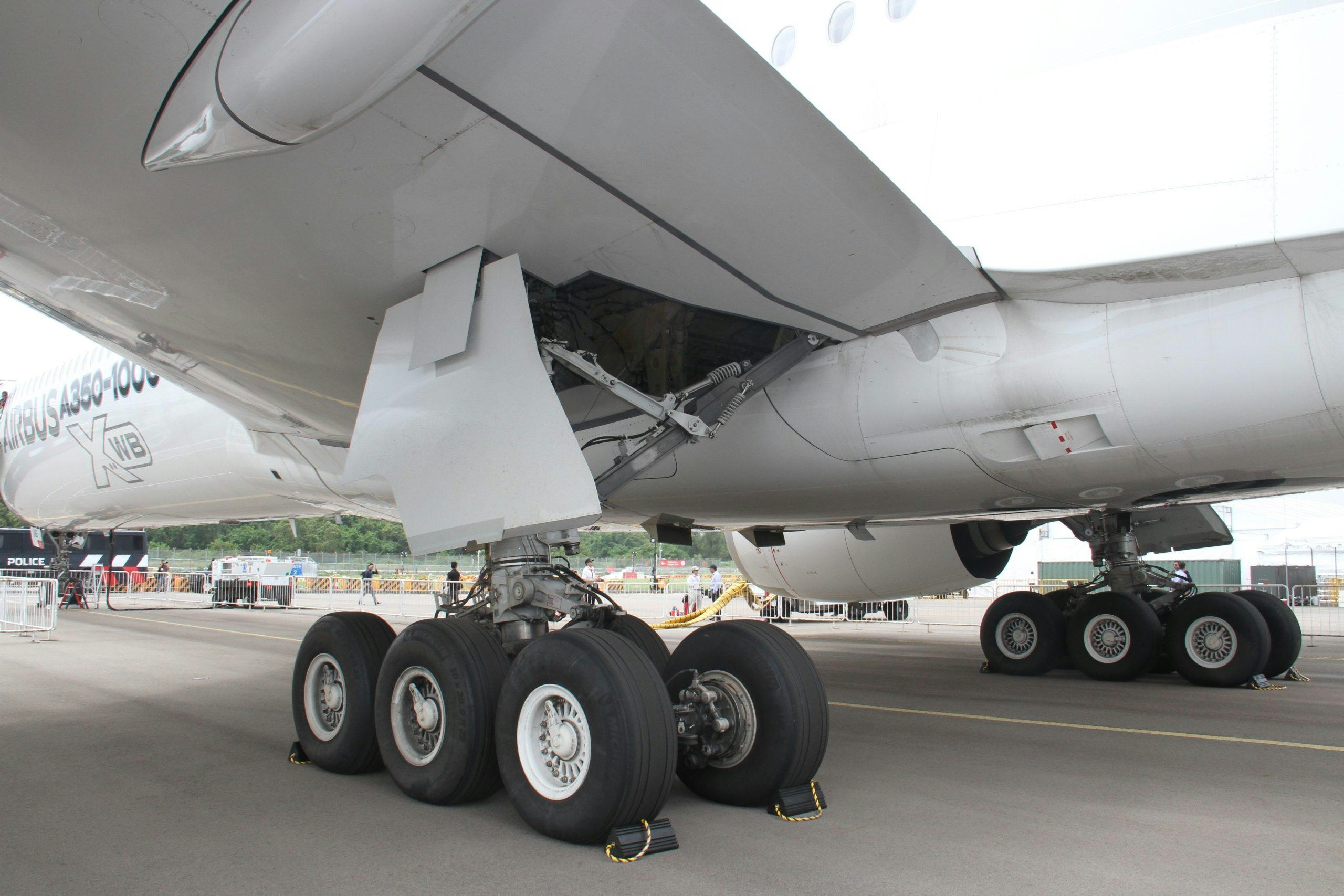
Why Airbus Markets the A350 as a Long-Range Leader
In the highly competitive sector of long-haul aviation, the Airbus A350 has established itself as a transformative presence, redefining standards for range, efficiency, and passenger comfort. Airbus promotes the A350 family as “the long-range leader,” positioning it as the company’s most ambitious effort to set new benchmarks on ultra-long-haul routes. This article examines the foundations of this claim and evaluates the aircraft’s performance since its introduction.
Unmatched Range and Operational Reliability
Since entering service in 2015, the A350 has become Airbus’s flagship for long-distance travel, intended to replace the A340 and complement the A330. The family comprises the A350-900, A350-1000, and the forthcoming A350F freighter, all situated at the top tier of Airbus’s widebody offerings. These models are clean-sheet designs accommodating between 300 and 410 passengers, delivering the lowest cost per seat and the highest operational reliability among large twin-aisle aircraft.
A cornerstone of Airbus’s assertion lies in the A350’s exceptional range capabilities. The A350-900 can cover up to 8,300 nautical miles, while the larger A350-1000 extends this to 8,700 nautical miles. The A350-900ULR (Ultra Long Range) variant leads the industry with a certified range of 9,700 nautical miles (18,000 kilometers), the longest of any commercial aircraft currently in service. This capability is demonstrated in practice by Singapore Airlines, which operates nonstop flights between Singapore and New York, covering over 9,500 nautical miles.
Operational reliability further reinforces the A350’s leadership position. By early 2025, Airbus reported that the A350 fleet had completed 1.6 million revenue flights, transported more than 437 million passengers, and achieved an operational reliability rate of 99.3 percent—an exceptional figure for a modern widebody aircraft. This reliability continues to improve, solidifying the aircraft’s reputation for consistent performance on demanding long-haul routes.
Advanced Materials and Efficiency
The A350’s long-range performance is underpinned by its advanced construction techniques. More than 70 percent of the airframe is composed of next-generation materials, including 53 percent carbon-fiber composites and titanium. This extensive use of lightweight materials reduces the aircraft’s weight, enabling longer flights with lower fuel consumption. Such efficiency is increasingly critical as airlines prioritize sustainability and operational cost reductions.
Market Competition and Industry Response
Despite its advantages, Airbus faces significant challenges in maintaining the A350’s dominance in the long-range market. Boeing’s 787 Dreamliner remains a strong competitor, and the forthcoming 777X is designed to rival the A350’s range and capacity, intensifying competitive pressures. In response, Airbus is considering a stretched version of the A350-1000 to enhance its appeal in the large-capacity segment.
The market response to the A350 has been largely positive. Airlines such as Ethiopian Airlines have placed additional orders for the A350-900, while Air Europa is reportedly evaluating a fleet renewal plan that could include up to 40 A350-900 aircraft. These commitments reflect the strong confidence airlines have in the aircraft’s capabilities and its suitability for long-haul operations.
Outlook for the A350
As Airbus continues to ramp up production to meet global demand, the A350’s combination of range, efficiency, and reliability ensures it remains a leading choice in long-haul aviation. While competition intensifies and customer expectations evolve, the aircraft’s proven operational record and ongoing innovation maintain its position as a benchmark in ultra-long-range air travel.
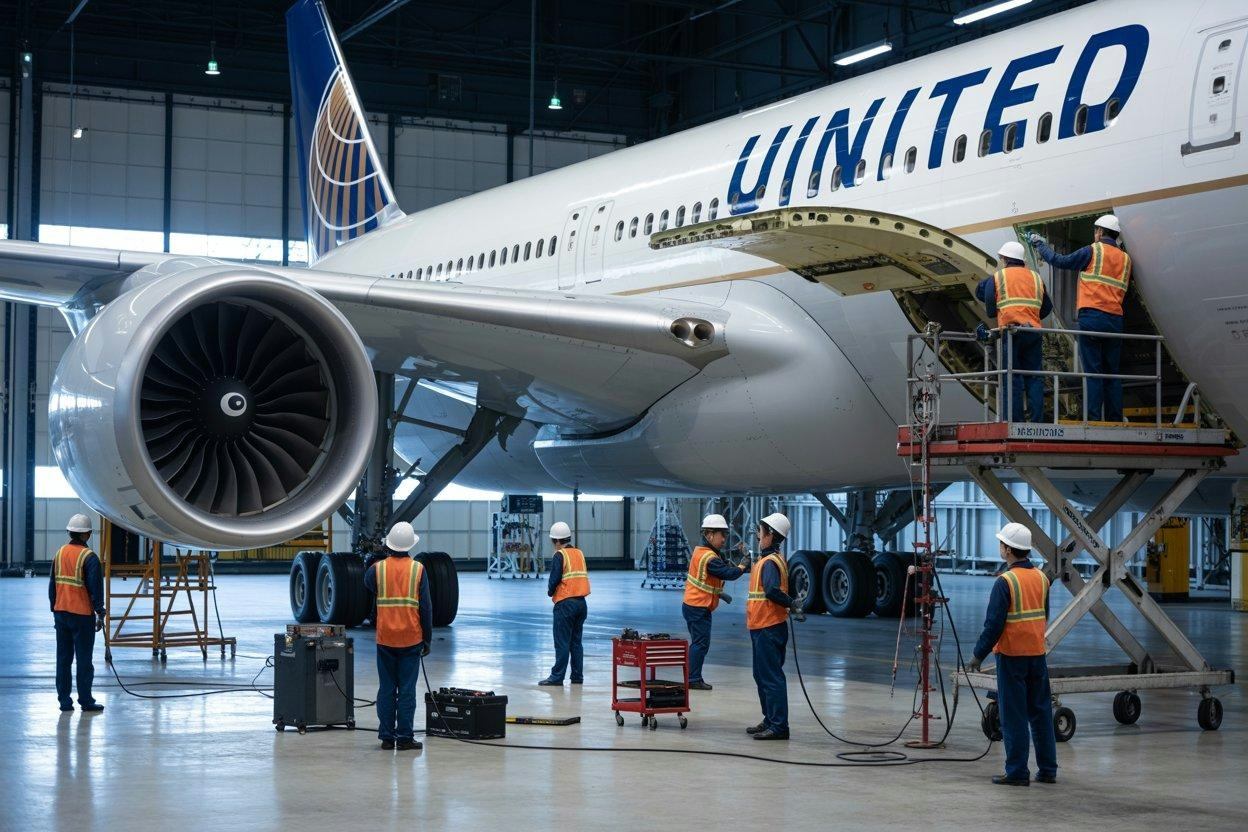
US Audit Identifies FAA Oversight Gaps at United Maintenance

The Impact of Agentic AI on Airport Operations
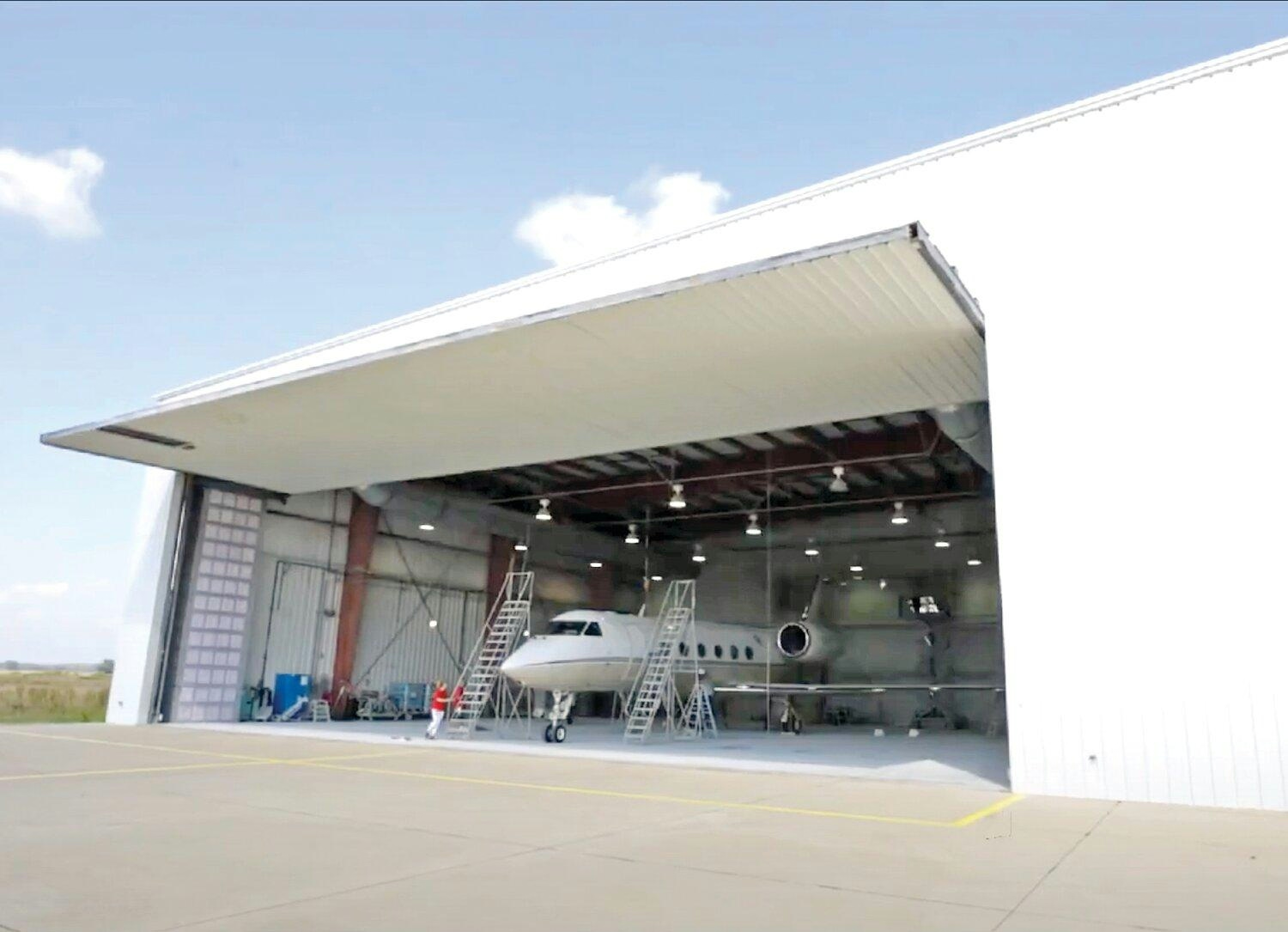
West Star Aviation Announces Expansion in Chattanooga

Aviation Design Software Market Projected to Reach $2.8 Billion
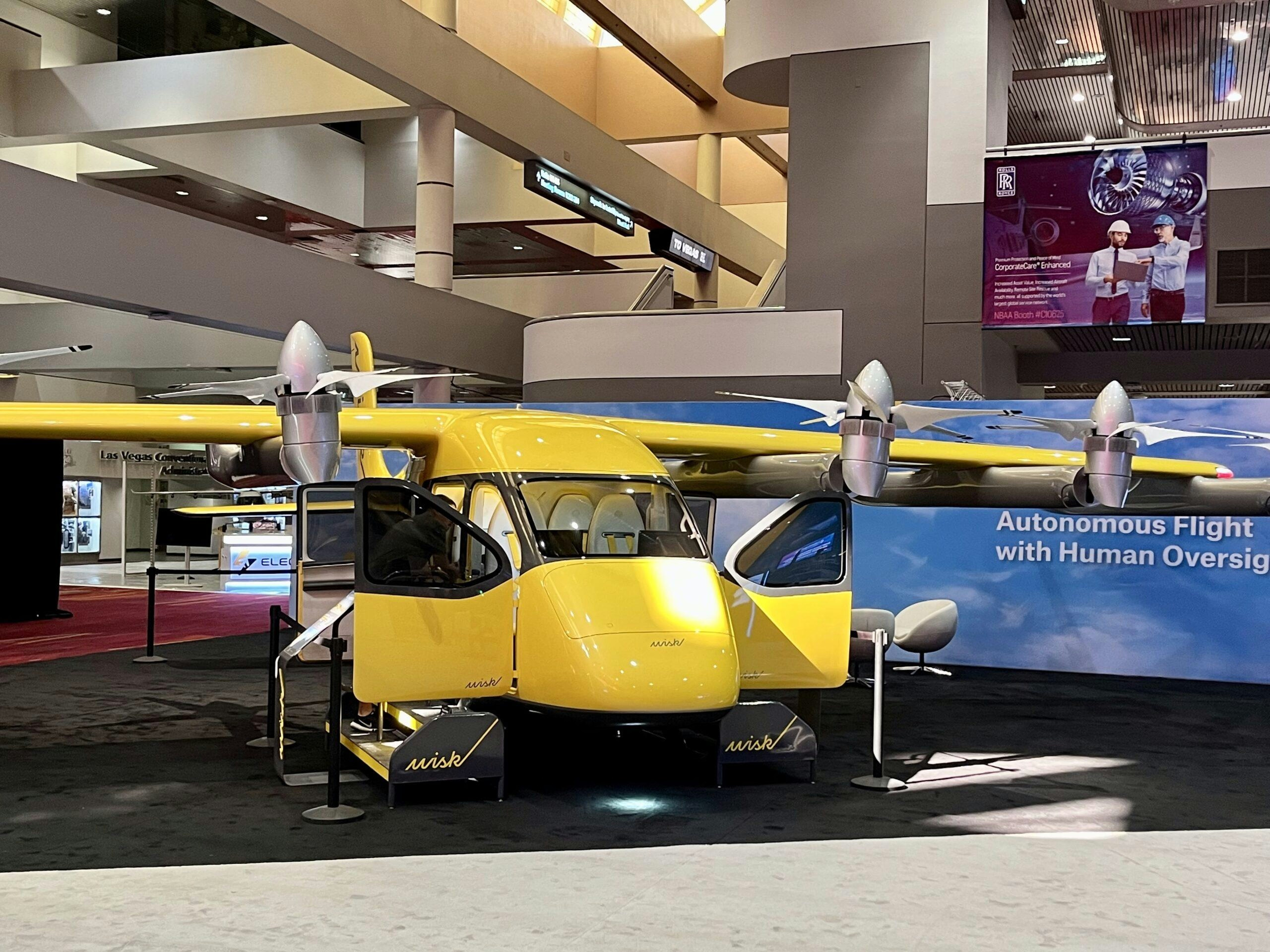
The Future of Aviation in Africa Amid Digital Transformation

Gyeongnam Province Unveils Mid- to Long-Term Aerospace Industry Roadmap
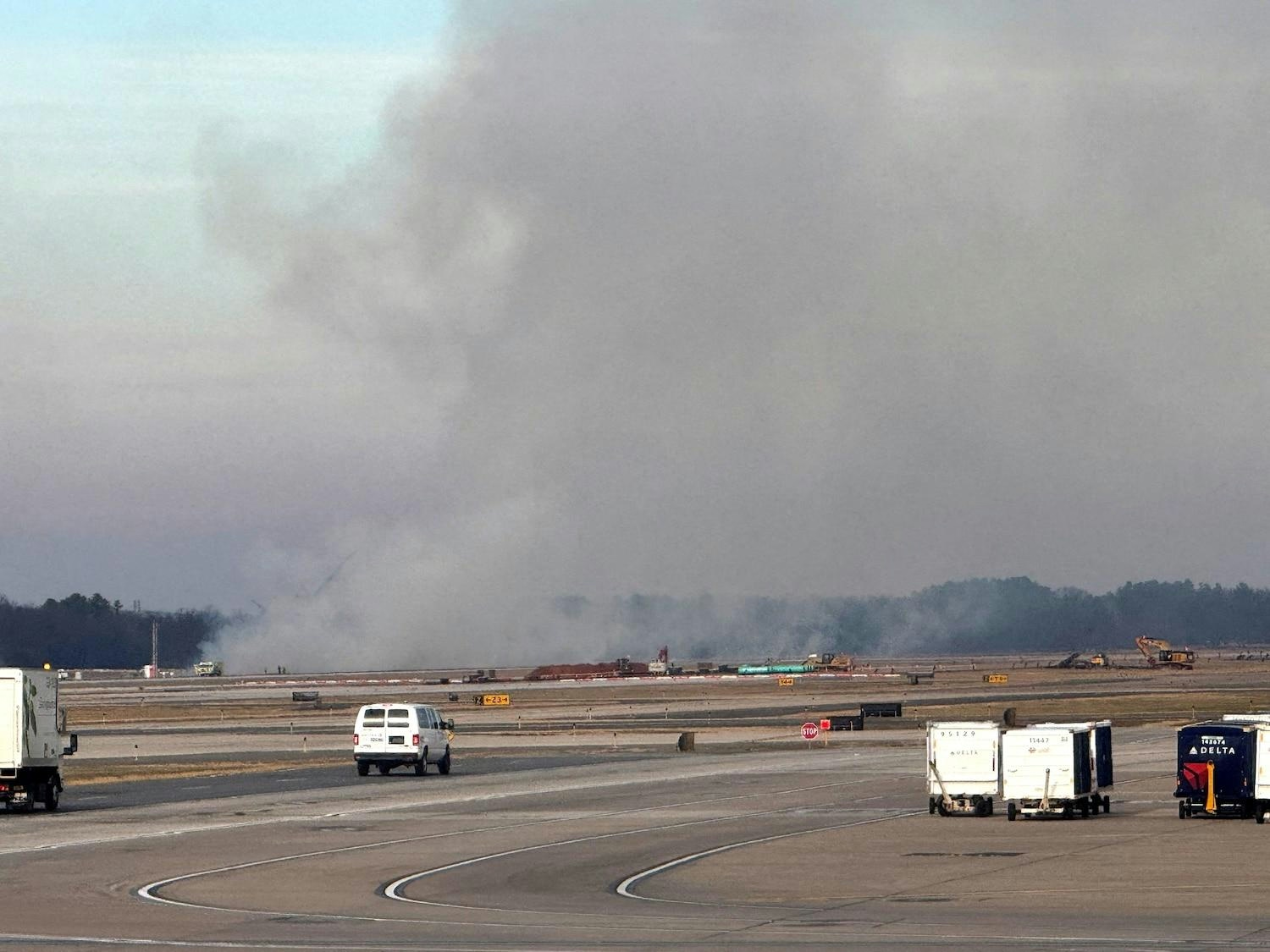
Delta Flight to Atlanta Suffers Engine Trouble, Sparks Grass Fire at Airport
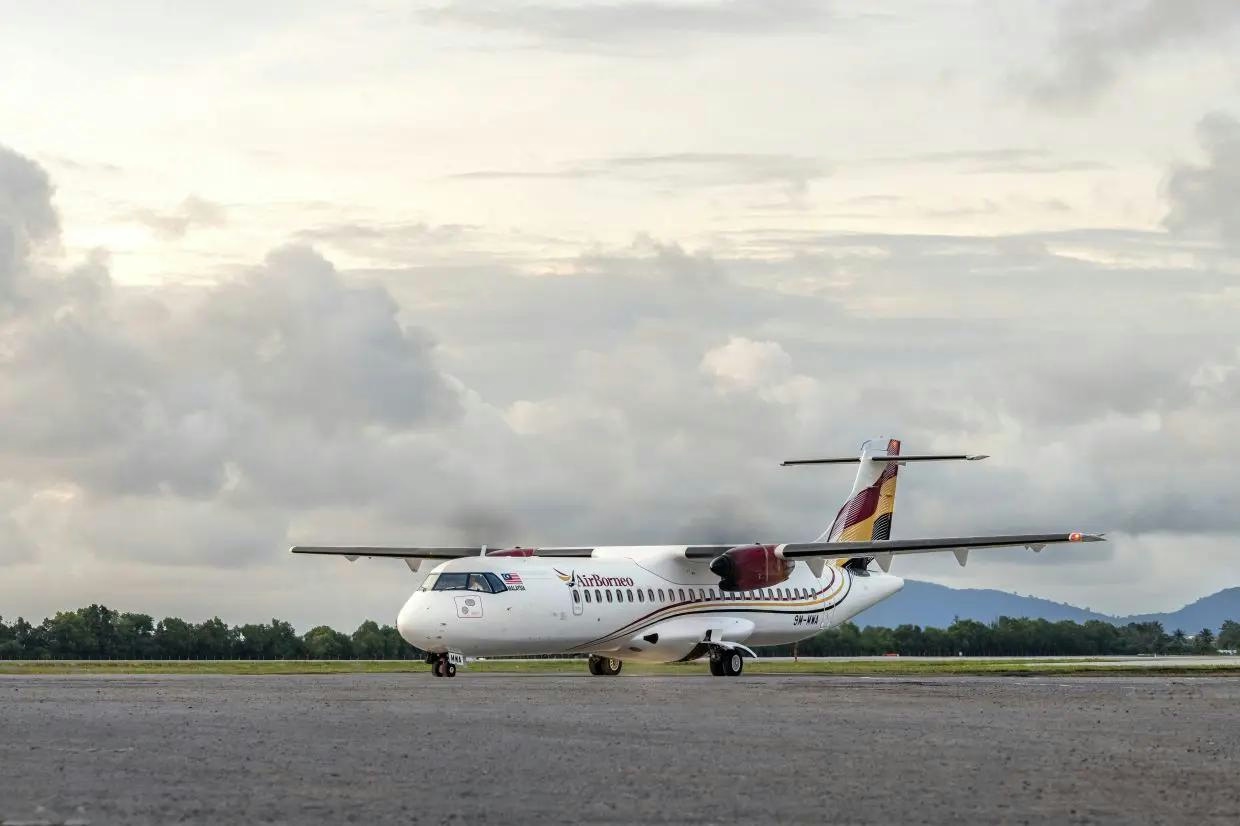
Sarawak's AirBorneo partners with IBM for AI-powered operations

PH Aerospace and MRO Exports Reach $603 Million, Says DTI
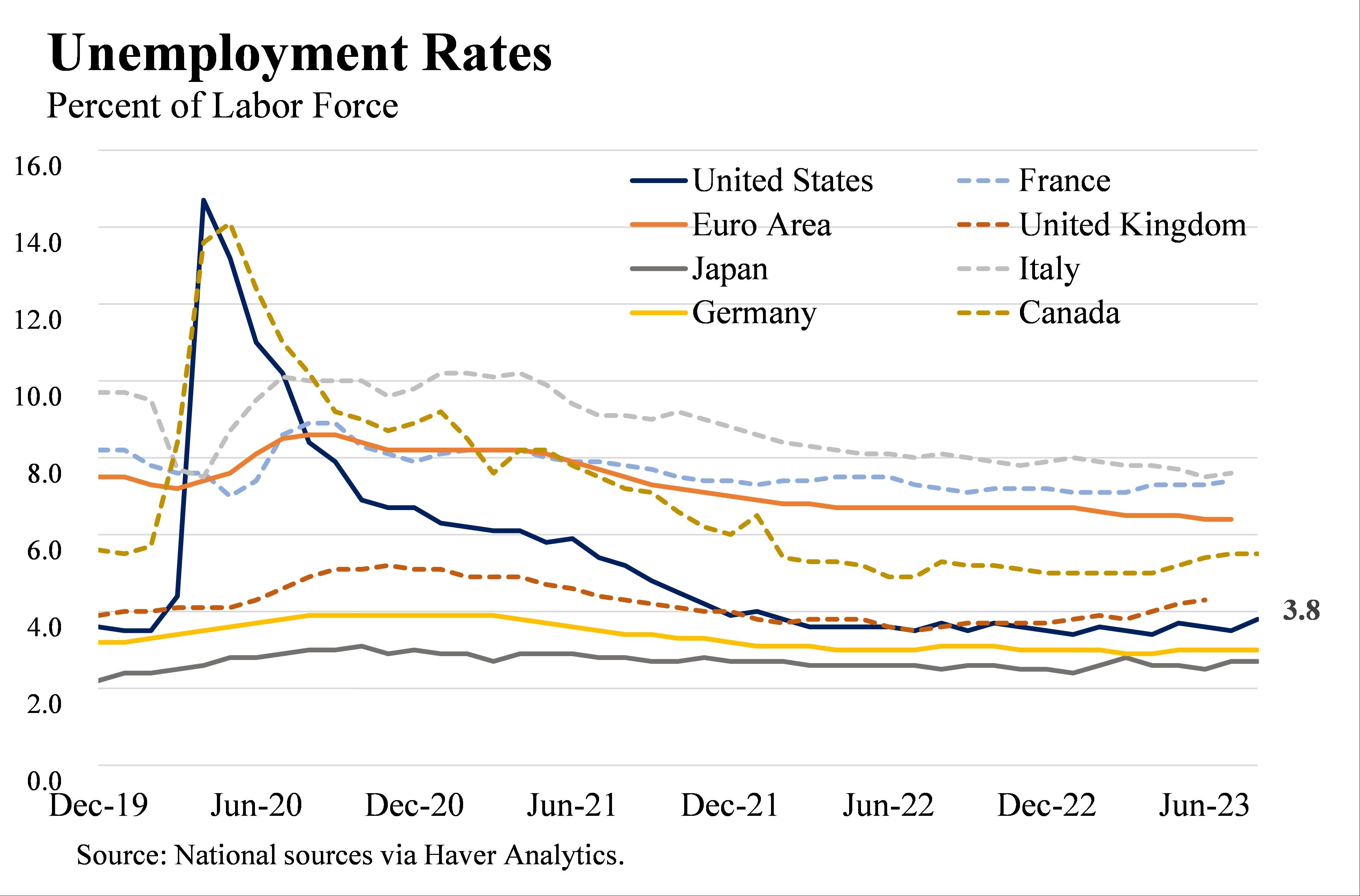
Economic Growth Drivers Show Signs of Slowing
